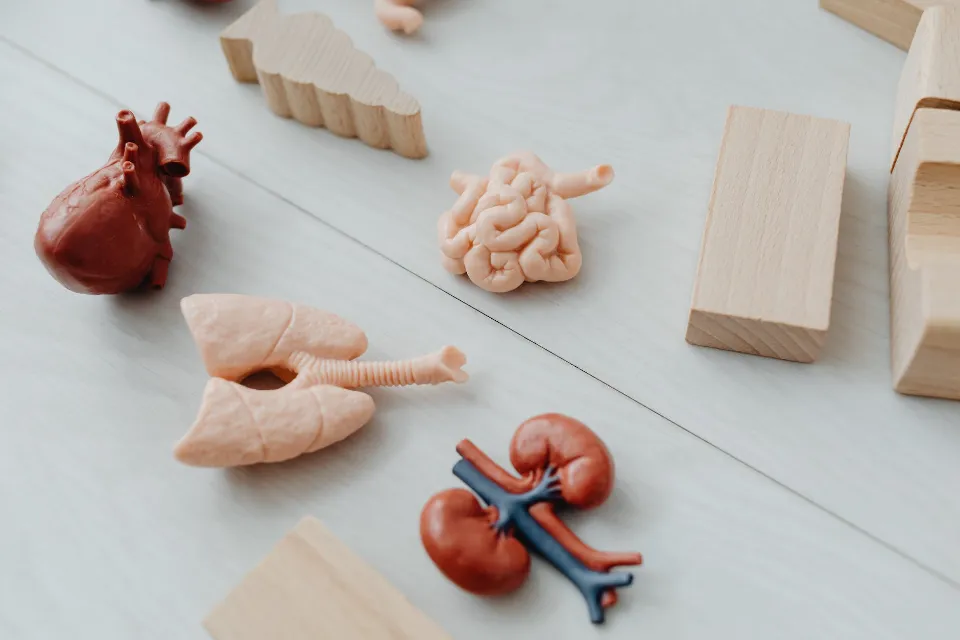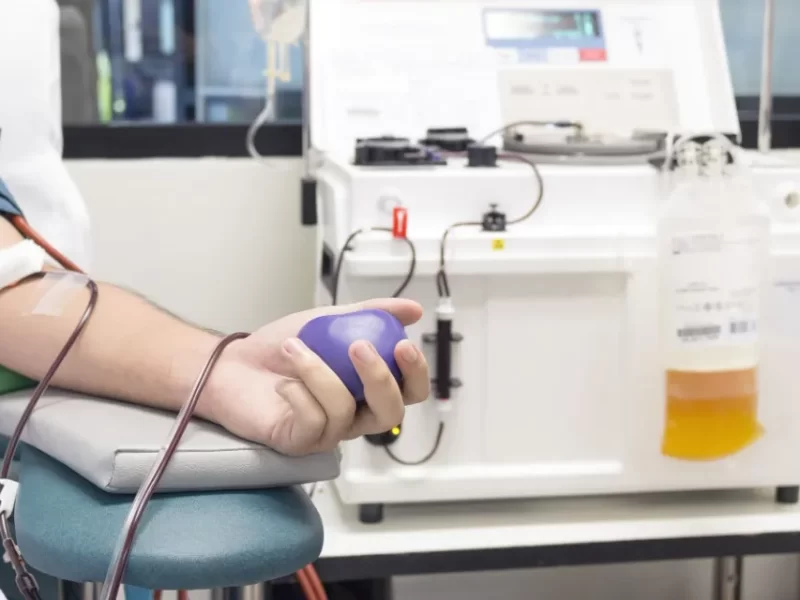A condition that necessitates routine aspiration of food or fluids, known as aspiration, can cause serious complications that require immediate medical attention.
Aspiration pneumonia can be brought on by breathing in saliva or stomach acid that has refluxed up into the esophagus. Everyone has some degree of reflux, where stomach acid refluxes into the esophagus. However, if the reflux is severe enough to keep you awake at night, it can cause chronic lung issues that could eventually turn into pneumonia.
Read on to learn what can increase the risk of aspiration, complications, treatment, and more.
Read more: How Does Flu Turn into Pneumonia: Difference&Connection – Elder VIP
Why You Might Let Food Get into Your Lunges?
Some people refer to a case of aspiration as food “get into your lunges.” Reduced tongue control, sluggish swallowing reflexes, or breathing aids can all contribute to this. Most people are able to cough out foreign objects before they enter their lungs.
Most often, aspiration is due to one of the following causes:
| Cause | Result |
|---|---|
| Neuromuscular causes | Reduced tongue control and abnormal swallow reflexes can be symptoms of some neurological conditions, including Parkinson’s disease or advanced dementia. Reduced tongue control and difficulties swallowing can also result from neurological disorders like stroke, brain injury, and intracranial tumors. |
| Esophageal disorders | The throat and swallowing capabilities are impacted by these conditions. Dysphagia, throat cancer, and gastroesophageal reflux disease (GERD) are a few of them. |
| Throat surgery | People who have undergone surgery or suffer from a larynx-related illness may have difficulty swallowing. Food or liquids may enter the windpipe if the larynx doesn’t close completely. |
| Dental problems | This can interfere with chewing or swallowing reflexes |
| Medical device in airway | Aspiration is also a serious risk for people who have a nasogastric tube, a tracheostomy (a surgical opening in the windpipe), a feeding tube, or who have had surgery to examine the digestive system. |
What Happens When Food Gets into Your Lungs?
Getting food into the lungs can lead to aspiration by mistake, followed by the formation of aspiration pneumonia.
Symptoms of Aspiration Pneumonia
As with any form of pneumonia, aspiration pneumonia symptoms include fever, shortness of breath or breathing difficulties, chest pain from inflammation, and a cough that is typically productive. common symptoms including:
- Chest pain
- Coughing up foul-smelling, greenish or dark phlegm (sputum), or phlegm that contains pus or blood
- Fatigue
- Fever
- Shortness of breath
- Wheezing
- Breath odor
- Excessive sweating
- Problems swallowing
- Confusion

How to Treat Aspiration Pneumonia
when you let food get into your lunges, then you may want to know how to fix it. here are the answers.
If you have aspiration pneumonia, a speech therapist can perform swallowing tests to determine how to reduce your risk of getting this illness. Based on the consistency of the foods, they can suggest a diet that emphasizes foods that are less likely to cause aspiration or inhalation. They can also recommend techniques like tucking your chin when you swallow, taking small bites and not drinking from a straw.
Antacids can be helpful if you aspirate at night as a result of reflux. “As a natural part of how our bodies function, reflux affects everyone. But if you have excessive amounts, antacids can reduce the number of times you experience reflux,” Dr. McCarl said.
Elevating the head of your bed can also help reduce reflux. Dr. McCarl recommends putting blocks under the bedposts, so the mattress stays flat but on an angle. To raise your head and shoulders, you can also use a pillow or wedge.
A chest X-ray may be advised by medical professionals if you develop pneumonia and are elderly, have a history of stroke or neuromuscular disease, or any of these conditions. There’s a good chance that you have aspiration pneumonia if the X-ray of your right lower lung reveals pneumonia. That’s where whatever you aspirated tends to end up, because of the design of your lung anatomy. In order to determine whether you cough while you eat or drink, a speech therapist can also perform a swallowing evaluation.
Diagnosis and Other Tests
Your doctor will ask if you’ve experienced any symptoms of aspiration, including after eating. If there are no symptoms, they may do a modified barium swallow test, which looks at your esophagus. Your physician will ask you to swallow a liquid that appears on the X-ray during a barium swallow test in order to ascertain whether you have any underlying swallowing disorders.
In order to check for signs of pneumonia or pulmonary edema, your doctor may also inquire about additional possible symptoms like fever or chest pain. They’ll also check for any problems with swallowing or underlying conditions such as GERD.
A test to determine whether there is food or fluid in the lungs will be ordered if they suspect that aspiration has turned into another complication. These may include:
- Chest X-ray
- Sputum culture
- Bronchoscopy
- Computed tomography (CT) scan of the chest area
- Blood work
Summary
If you inhale food or liquids or allow them to enter your lungs, you could develop aspiration pneumonia. You can take precautions to lessen your risk of developing aspiration pneumonia, though it is more likely to occur if you have reflux or swallowing issues.



